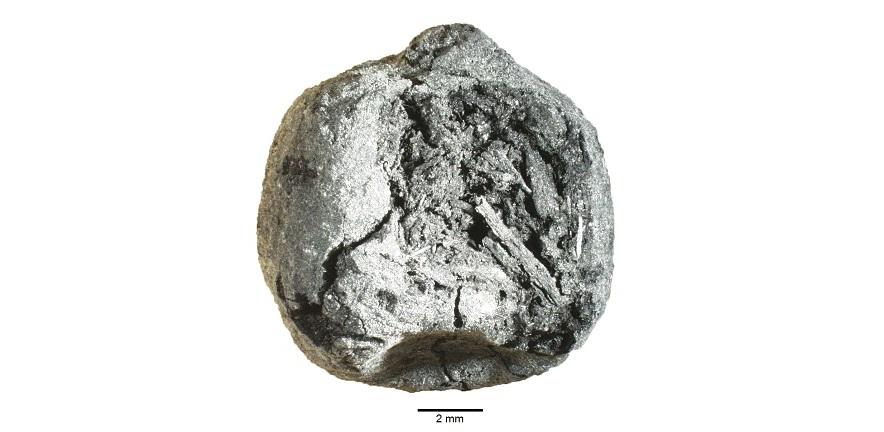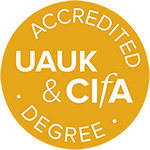
This research employs archaeobotanical and biomolecular methods to reconstruct ancient agropastoral change over the first millennium CE in two microregions, the Aravah valley along the southern border of modern Israel-Jordan and the adjacent Negev Highlands. The region witnessed unprecedented agricultural developments during this period, alongside major socio-political, climatic, and environmental changes – including climate change and plague. Rich and well-preserved organic remains from rubbish dumps at nine archaeological sites will provide the basis for this study.
Through data on crop plant remains, this research will gauge regional effects of the “Islamic Green Revolution” (IGR) thesis, according to which the Early Islamic empires introduced important cultivars from eastern and central Asia to the Mediterranean region. Local effects of Early Islamic crop diffusion will be compared to those brought about by the Roman Empire, in an unprecedented critical evaluation of first millennium CE crop diffusion based on microregional empirical evidence. This analysis will yield a wellspring of new information on local agricultural developments, likely including contested changes in the average person’s diet and seasonal work routine.
To further identify seasonal effects and rhythms of agropastoral activity, the research will include an extensive study of dung microbiomes in the study region which will also develop multi-proxy methodologies. This is expected to produce: (a) effective screening procedures and protocols for maximizing multi-proxy analysis of herbivore dung pellets; (b) data on herbivore diets, local vegetation, and seasonality; (c) data on herbivore species and sex; (d) detection of parasites and other microbial components; (e) synthesis, integrating rhythms of pastoral production, inhabitation, grazing and foddering, variations in vegetation, and agropastoral evolution.
The production of new datasets and the development of innovative methodologies for investigating ancient agricultural regimes will allow engagement with larger themes in Mediterranean history, including: 'connectivity', by illuminating patterns of pastoralism and processes of crop diffusion; 'continuity and change', by assessing long-term agropastoral developments; and 'multi-scalar linkages', wherein analysis of locally consumed and seasonally produced organic remains will provide a window into the effects of global millennial processes. Lessons on agricultural continuity and change from the Negev desert in the face of first millennium CE global climate change and cultural conflict hold great promise for understanding historical effects of environmental stressors. In unearthing such lessons, this research may contribute to long-term environmental risk assessment and the urgent reflection on the future of our own society, offering a model for environmental humanities research.
- Prof. Matthew Collins (U. Cambridge, U. Copenhagen) – postdoc supervisor
- Prof. Cyprian Broodbank (U. Cambridge) – postdoc co-supervisor
- Prof. Guy Bar-Oz (U. Haifa) – NEGEVBYZ and Negev Camel Caravan Project PI
- Prof. Gideon Avni (Israel Antiquities Authority; Hebrew U.) – Negev Camel Caravan Project co-PI
- Roy Galili (Ben-Gurion U.) – Negev Camel Caravan Project excavator
- Prof. Scott Bucking (DePaul U.) – Avdat in Late Antiquity Project PI
- Dr. Tali Erickson-Gini (Israel Antiquities Authority; Hebrew U.), Avdat in Late Antiquity Project excavator
- Dr. Zachary Dunseth (Brown U.) – phytoliths and geoarchaeology
- Dr. Dafna Langgut (Tel-Aviv U.) – palynology
Marie Skłodowska-Curie Standard Fellowship - Horizon Europe 2020


